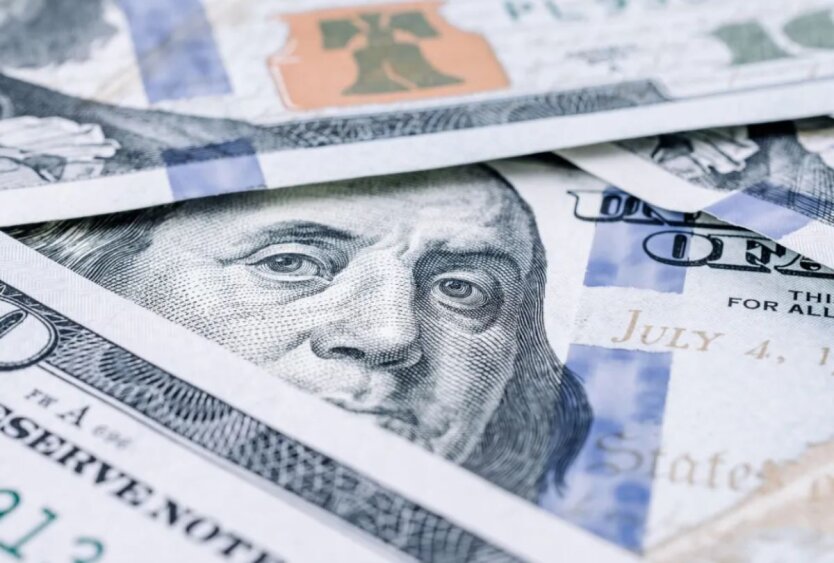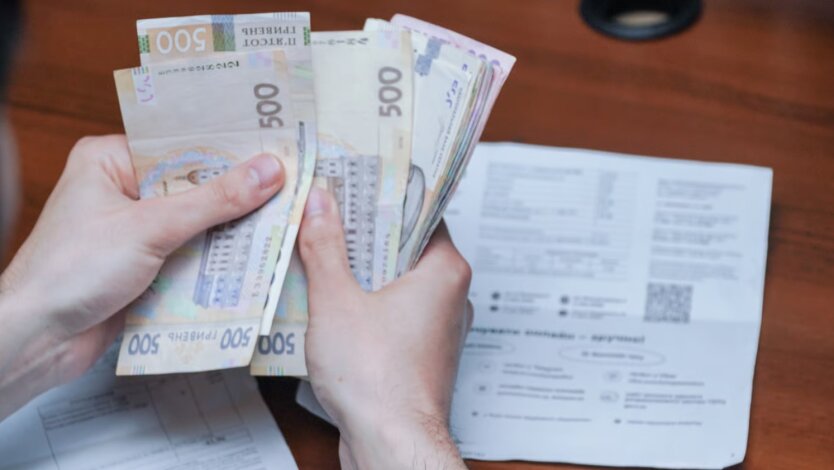Taxation from the first hryvnia: Ukrainians will have to pay taxes on all online sales.


Ukrainians will have to pay taxes on all sales made online, despite assurances from the government that this will not happen.
According to a report from opposition MP Nina Yuzhanina, the government supported a draft law on the introduction of international automatic exchange of information on income gained through digital platforms. This draft law provides for the taxation of individuals from the sale of goods and services over the Internet. Tax rates will be 5% or 18% of personal income tax and military levy.
The draft law also envisages the creation of a new article in the Tax Code that will define the main requirements for verifying users, identifying sellers, and reporting to the State Tax Service. The platforms through which sales are made will act as tax agents and bear responsibility for fulfilling tax obligations.
Thus, resident individuals who have a current account, conduct settlements and are not self-employed will have the opportunity to tax their income at the rate of 5% personal income tax. Individuals selling goods through an online platform up to 3 times a year for amounts up to 2000 euros will be allowed to use a regular personal bank account with a tax rate of 10%. From the fourth sale on OLX, the tax rate is 23%.
Despite the government's promises, it did not foresee a 'non-taxable minimum'.
Overall, the new draft law is aimed at increasing the state's tax revenues from the taxation of online trading and ensuring control over individual income.
Read also
- Catch everyone when attempting to exchange 100 dollars: Ukrainians warned about possible troubles
- 'There is no market': Popenko criticized the plans for a sharp increase in gas and electricity tariffs
- Gas Station Prices Updated: Drivers Named the Region with the Most Expensive Gas
- Russia attacked military recruitment centers in Kremenchuk: the Armed Forces named the main target of the strikes
- Kellogg praised Trump's phone call with Zelensky
- Utility Tariffs as Hidden Taxes: Expert Reveals Scheme Where the Money for Utilities Really Goes










